Het arrangement Thema: Personal - Bonhoeffer is gemaakt met Wikiwijs van Kennisnet. Wikiwijs is hét onderwijsplatform waar je leermiddelen zoekt, maakt en deelt.
- Auteur
- Laatst gewijzigd
- 29-10-2015 14:35:55
- Licentie
-
Dit lesmateriaal is gepubliceerd onder de Creative Commons Naamsvermelding-GelijkDelen 3.0 Nederland licentie. Dit houdt in dat je onder de voorwaarde van naamsvermelding en publicatie onder dezelfde licentie vrij bent om:
- het werk te delen - te kopiëren, te verspreiden en door te geven via elk medium of bestandsformaat
- het werk te bewerken - te remixen, te veranderen en afgeleide werken te maken
- voor alle doeleinden, inclusief commerciële doeleinden.
Meer informatie over de CC Naamsvermelding-GelijkDelen 3.0 Nederland licentie.
Aanvullende informatie over dit lesmateriaal
Van dit lesmateriaal is de volgende aanvullende informatie beschikbaar:
- Toelichting
- In het thema Personal leren leerlingen door te luisteren (listening), te lezen (reading), te spreken (speaking) en te schrijven (writing) hoe ze in het Engels over zichzelf en over hun hobbies kunnen vertellen. In het onderdeel Grammar is er aandacht voor de persoonlijk voornaamwoorden, het werkwoord zijn en de onvoltooid tegenwoordige tijd (simple present).
- Leerniveau
- VWO 2; HAVO 1; VWO 1; HAVO 2;
- Leerinhoud en doelen
- Schrijven; Engels; Luisteren; Spreken;
- Eindgebruiker
- leerling/student
- Moeilijkheidsgraad
- gemiddeld
- Studiebelasting
- 12 uur 0 minuten
Bronnen
| Bron | Type |
|---|---|
|
https://youtu.be/OmLNs6zQIHo https://youtu.be/OmLNs6zQIHo |
Link |




 Birthday
Birthday

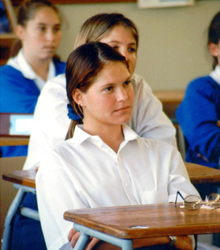
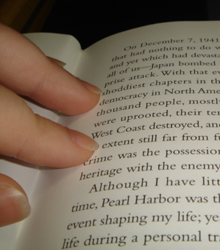 Introduction
Introduction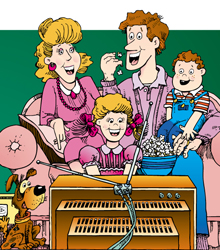
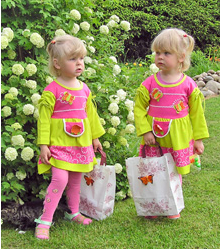


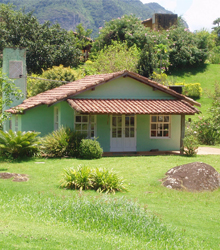
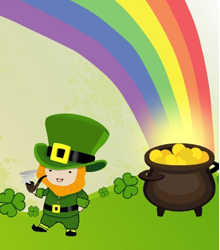
 Superhero Joey
Superhero Joey
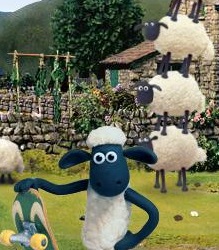

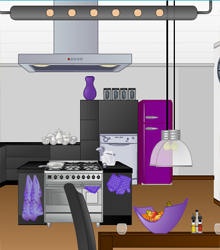
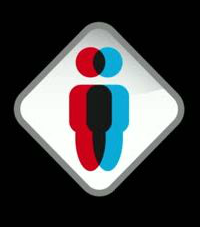
 Introduction
Introduction Introduction
Introduction Introduction
Introduction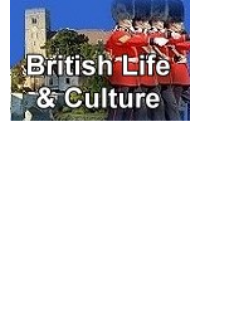 Life and Culture
Life and Culture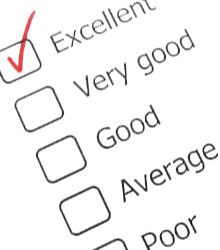 Introduction
Introduction Asking questions
Asking questions Present yourself
Present yourself